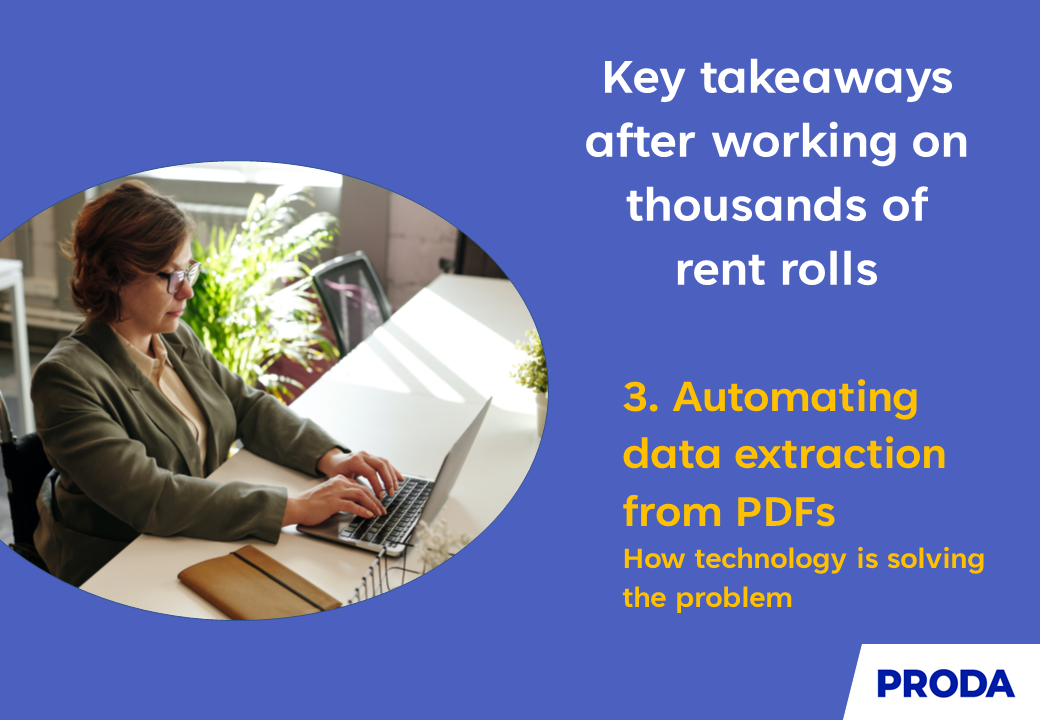We are living in unprecedented times. The whole world is gripped in a pandemic which is so widespread that whole countries are shutting down (albeit hopefully temporarily); world markets are in free-fall and workforces are displaced. However, history tells us we WILL recover at some point, in the hopefully not too distant future, and we will need to be ready for that day. You only have to look at the impact on the environment in a very short space of time to know that even the most badly damaged things can recover.
The canals in Venice are clear and teeming with fish; the carbon hotspots over China have all but disappeared and sure enough, Spring is here without any regard for Covid-19. All this after only a month of change. One thing is for certain – the world will never quite be the same again, whether that is a change in working practices; a new appreciation for the world around us; the realization that key workers are not limited to those who make money or a wholesale change in our industry. Nobody can yet predict what will change but I am sure that many things will.
We do need to think about the implications for the commercial real estate industry. It seems to me that there are a number of potential things that could happen:
1. An increased reliance on technology to shore up and streamline processes. As teams return from the enforced period away from the office, it is likely that the home-working trend of the last few years will accelerate. This means that technologies that improve remote collaboration; remove steps from long-winded processes such as data management and processing; increase self-service capabilities for tenants and clients or improve the ability to provide remote services will be in high demand. Traditional funds, banks, advisors and brokers will have to embrace the technology advances as never before.
2. The market will shift from being landlord to tenant-led, at least in the short term. It seems likely that there may be a surplus of stock in our major cities as companies sadly fail to survive the current crisis. Many industries have never faced a drop in demand as they are seeing now. Previously, when specific geographic markets hit a wall, there were always other ones to focus on. Unfortunately, this crisis is so globally widespread, that may not be the case in the medium term as everyone fights to get back to where they were. Additionally, the resistance to widespread homeworking has gone, having been forced on us.
3. The co-working landscape will definitely change. Many of the providers in this space have an income stream that is predominantly reliant on small businesses, which inevitably will be the hardest hit and the most prone to failure. This casts serious doubt on whether the current model can survive and therefore that whole sector will need to adapt to succeed.
4. The retail markets could well be changed forever. Many businesses, particularly single-location companies, may find it hard to recover for 2-3 months (or maybe more) of zero revenues and for some sadly, it will be terminal. The town centres were already under huge pressure from out of town centres and online shipping and this pressure has just increased a hundred-fold.
So, what does all this mean? In a nutshell, we need to be planning now. Not when we come back into some kind of new normality, but now! Our innovations teams should be investigating technologies that fit the new world order; that aren’t just pretty to look at but that deliver real improvements or savings. A much wiser businessman than me once told me “any new solution is only of benefit if it does one of 3 things: solve something, save something or increase something”. This is truer now more than ever – solve a new problem such as collaboration between the increasing number of remote workers; save time and/or cost or increase efficiency, productivity, revenues or profits. The focus needs to be on streamlining and improving mundane, labour-intensive steps in the process, whether that be deal assessment; asset management reporting requirements or lending to name but 3.
An accelerated shift to more homeworking is inevitable, which means more empty stock on the market. If the market does become tenant-led in the short-term, then how do we react to it? I think we have 2 choices. We could accept it without changing what we do, all the while mumbling under our breath about how hard done by, we are OR, the market could shift to over-servicing the client to make every stage in the occupancy life-cycle an enjoyable one. This will build trust, loyalty and for the landlords, brand. This is also true for working with partners – strengthen the relationships; make the reporting processes easier and less of a time drain through good use of technology and make them a valued and trusted part of your business, by including them in some of the relevant decision- making processes.
The co-working marketplace is possibly going to be the most changed of all the office sectors. The pre-crisis model of small, start-up businesses taking up relatively short leases with no guarantees may well not be sustainable in the short to medium-term for the operators and landlords. In a bullish market, no-one really assessed the risks but that will no longer be the case. Investors are going to want to understand the risks of each tenant in much greater detail before committing to funding and therefore the operators may well have to be more selective than previously. This means that start-ups may find it harder to get desirable space, which could slow some of the innovation ideas that spring from this fertile ground.
I don’t want to sound the death knell for the retail sector; however, businesses are going to have to rethink their models and this inevitably will have a massive effect on the property sector, with increased pressure on yields over the coming months. There will be an onus on authorities to help, whether that be a long-needed sensibility applied to business rates or assistance in terms of tax breaks, if the sector is to recover. We will only see this unfold over time. In summary, the world will change in ways we couldn’t have imagined only a matter of weeks ago.
However, the good news is that business models are used to constant adaptation and we will all improve how we do things, as a result. It might mean that we also take a more-balanced view of how we change, and the implications on society as a whole. If that is the case, then something really positive will have come out of this crisis.
***
Written by David Oates
Chief Revenue Officer
PRODA Ltd
For the latest news and updates follow PRODA on Twitter and Linked In.




